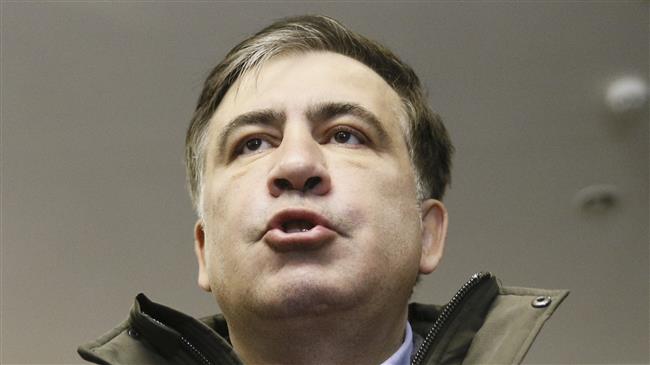Polish PM says Europe needs more steel tanks rather than think tanks
Polish Prime Minister Mateusz Morawiecki says Europe needs more “steel tanks” instead of “think tanks” to confront the threats of Russia and Daesh.
“We should have more traditional types of military forces, more cooperating with each other, so Poland supports… more steel tanks and not only think tanks," RT quoted Morawiecki as saying on Sunday while addressing the Munich Security Conference.
He added that Daesh and Russia are the two main threats Europe has to deal with at the moment.

"We have more think tanks in Europe, but maybe we have too little of those traditional forces which are very important vis-à-vis some hybrid-type warfare like Daesh, or traditional and hybrid [threats] like Russia,” he noted.
He went on to add that cyber-warfare and consistent military expenditures should be added to the EU’s conventional forces.
On December 11, the EU launched the Permanent Structured Cooperation, known as PESCO, in an attempt to coordinate policies and projects among member states in the face of alleged threats from the east of the continent.
Read More:
Morawiecki's remarks came just one day after Russian Foreign Minister Sergei Lavrov lashed out at the European Union for sticking to its mentality of treating Russia as a threat and reaffirmed Moscow’s preparedness to improve its relations with the West.
"Over the past decades, the EU has not been able to find a middle ground in relations with our country. The 1990s were dominated by the idea of Russia as 'the apprentice,' which should be systematically, regardless of objections, schooled according to Western standards. Now, the irrational myth of the 'almighty Russian threat' is exploited, traces of which can be found everywhere - from Brexit to the Catalan referendum," said Lavrov.
The Western countries have levied broad economic sanctions against Moscow over its alleged role in the ongoing conflict in eastern Ukraine and the reunification of the Black Sea peninsula of Crimea with Russia. Moscow has denied any involvement in the conflict.
Meanwhile, Russia and the US are at odds over Washington's claim that Moscow interfered in the 2016 US presidential election in favor of President Donald Trump, an allegation categorically denied by Moscow.
D-8’s role in Iran’s economy after Cairo summit
China slams US as ‘war-addicted’ threat to global security
China ‘firmly opposes’ US military aid to Taiwan
VIDEO | Press TV's News Headlines
President Yoon Suk Yeol to be removed from office
At least 19 Gazans killed by Israeli airstrikes since dawn: Medics
Leader: Iran neither has nor needs proxy forces
US fighter aircraft shot down ‘in friendly fire’ amid aggression on Yemen













 This makes it easy to access the Press TV website
This makes it easy to access the Press TV website